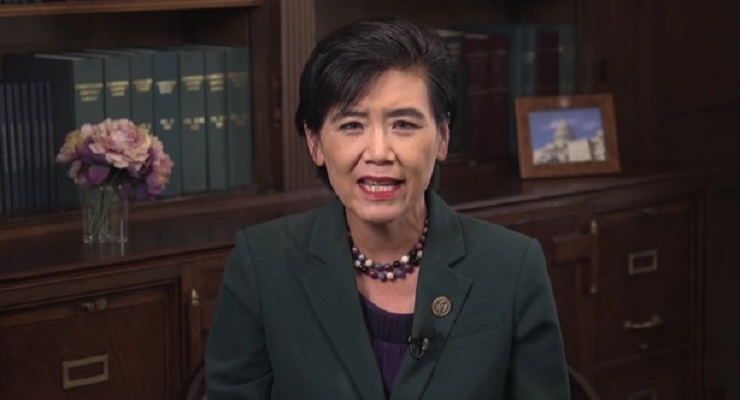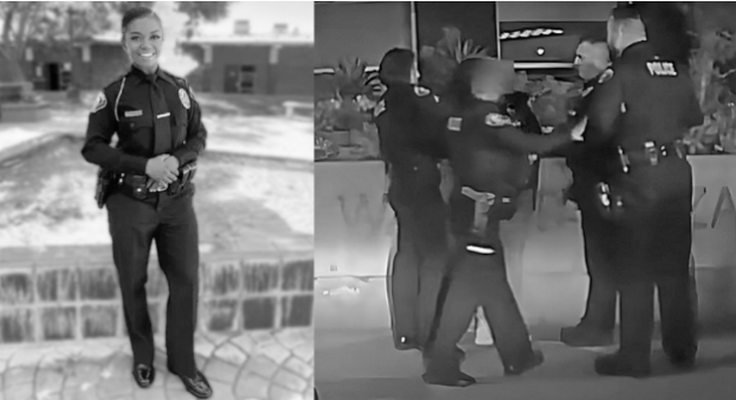
Rep. Judy Chu is pursuing alternative methods for soil testing in areas affected by the Eaton Fire after federal agencies declined her request for comprehensive testing beyond the standard 6-inch topsoil removal.
The Democratic Congresswoman representing California’s 28th District expressed disappointment with the Environmental Protection Agency and Federal Emergency Management Agency’s refusal to conduct deeper soil testing in northern Pasadena and Altadena.
“I have asked the EPA and FEMA to do soil testing in Altadena and Pasadena, and I was disappointed when they flat-out said no,” Chu said in a statement released Sunday.
Federal officials told Chu they “haven’t paid for soil testing after debris removal since 2019” and maintained that “whatever is found below the 6 inches is preexisting before the fires,” according to her statement.
The Eaton Fire burned more than 14,000 acres across northern Pasadena and Altadena, destroying thousands of homes and potentially leaving behind hazardous residue. When homes burn, they release toxic chemicals from household items, cleaning supplies, pesticides, and paint. Air monitoring during Los Angeles County wildfires has revealed alarming spikes in lead and chlorine levels, indicating the presence of dangerous substances that could penetrate the soil.
Scientific findings from past wildfire responses have shown that “a significant number of properties still contained unsafe levels of toxic chemicals even after 6 inches of topsoil was removed,” contradicting FEMA’s current stance, according to media reports. Heavy rains following fires can drive contaminants deeper into the soil, raising concerns about long-term exposure risks.
California regulations established in 2007 require soil testing on residential properties following wildfires to ensure properties meet state remediation standards. Follow-up soil testing has been conducted after every major California wildfire since 2007.
In response to the federal refusal, Chu has partnered with the Community Action Project Los Angeles, which is starting soil testing this week for 1,200 homes whose owners have signed up and approved entry onto their property.
“While I support efforts to continue to pressure EPA and FEMA, I understand the need for immediate solutions,” Chu said. “I am pursuing additional funding that would expand the number of houses tested in the burn area.”
Chu is working alongside Representatives Brad Sherman and Laura Friedman, who represent other fire-affected areas, to pressure FEMA to change its standards.
Sherman has argued that soil testing costs are “relatively modest compared to the amounts of federal aid that we’ll be seeking compared to the other costs involved in this process.”
For residents like Kenneth Ehrlich, who lost his home in the fires, the lack of soil testing raises serious concerns about rebuilding on potentially contaminated land.
“I’m not comfortable or confident with the Army Corps process. I’m not comfortable or confident with them taking money from my insurance — it’s not transparent and nobody knows how much this is going to cost. And I have no comfort that I’m going to get a clean site at the end,” Ehrlich told the Los Angeles Times.
“The health and safety of my constituents are uppermost in my mind,” Chu said. “Survivors must have the ability to return to homes and properties without toxic-laden ash threatening them and their families’ lives.”



















